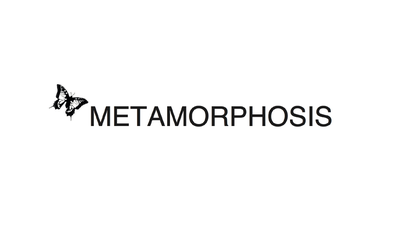Presentation about how to involve stakeholders to built child friendly cities and have real impact
DOCUMENT

DOCUMENT
If parents perceive the neighborhood as child friendly, they will allow their children more independent travel and play. Parental perception of child friendliness is therefore an important prerequisite for designing neighborhoods that promote children's health and wellbeing. However, there is currently no comprehensive and practical instrument to measure it. This study develops and empirically validates a measurement instrument for parental perception of child friendliness in neighborhoods. Survey data was collected from 309 parents in the Netherlands. The data was randomly divided into a calibration (n = 155) and a validation sample (n = 154). The factorial validity of parental perception of child friendliness in neighborhoods was examined using exploratory and confirmatory factor analysis. The construct validity was tested by using structural equation modelling (SEM) of assumed relationships between parental perception of child friendliness in neighborhoods and variables influencing this perception (antecedents) and children's physical activity (consequence). Overall, the results provided good reliability and validity for the instrument. This instrument does not only offer a practical tool; it also provides practical guidelines for designing child-friendly neighborhoods as perceived by parents. It suggests that measures, such as providing green spaces, care facilities and recreation facilities, can enhance child friendliness of neighborhoods as perceived by parents.
LINK
Presentation about how a cycling-generation contributes to healthy, safe, and inclusive cities: How children become the centrepiece of research and policy-making.
DOCUMENT

Conference paper on how the Metamorphosis projects contributes to more walk-able cities
DOCUMENT